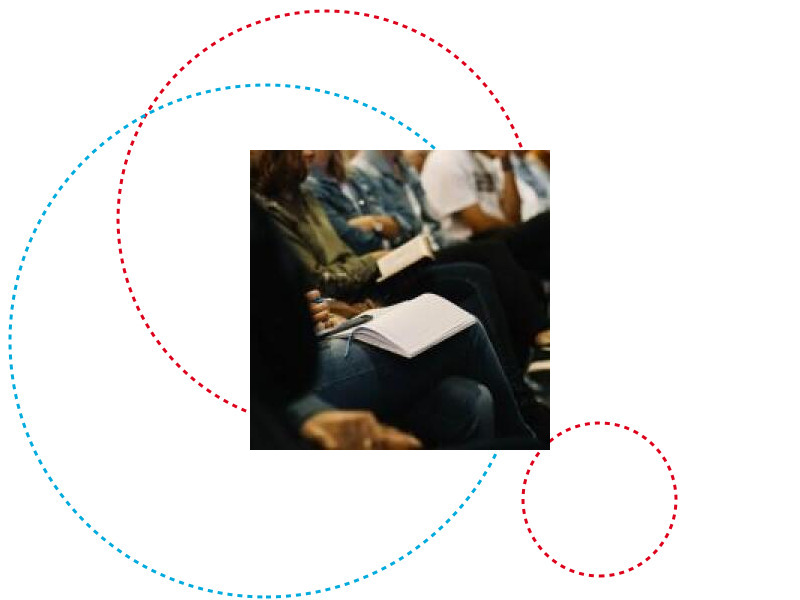Prof. Dr. Ernest Nlandu KAMAVUAKO, King’s College London (2pm to 3pm)
Conference title: Towards the design of a wearable system for monitoring daily fluid intake
The indisputable fact our society is facing nowadays is population ageing. By 2050, one in six people worldwide will be over 65. The number of persons aged 80 years and above will triple. This increase in the number of older adults is primarily due to societal improvements in lifestyle and advances in technology and healthcare. Nevertheless, it will soon pose new challenges if we do not advance the current monitoring technology, as older adults necessitate more care and medications. One challenge in healthcare systems is dehydration, a recurrent issue in older adults. Dehydration is mainly provoked by factors such as a diminished thirst sensation that occurs with ageing and mobility or memory impairments.
Moreover, low hydration in older adults increases the chances of falls and the possibility of bone fractures. Currently, there is no gold standard for identifying dehydration as signs of dehydration, such as skin turgor, are often confounded by the age of the patients. One way to decrease the likelihood of dehydration is to encourage sustainable, adequate hydration, which can be challenging to achieve due to changes associated with ageing and the challenges of monitoring fluid intake in hospital and care home settings. Fluid monitoring relies on staff members’ manual tracking, which is inaccurate and time-consuming. Indeed, the inadequate monitoring of fluid intake and the deriving dehydration of patients continues to be a cause of concern for the UK National Health System as it may affect one in seven patients and results in an estimated cost of £1 billion per year. The use of technology to automate the process of fluid monitoring is widely researched. However, the remaining clinical challenge is how to realistically monitor fluid intake considering the diverse beverages and individual habits.
This lecture provides an overview of innovative solutions to support the assessment and management of hydration. It presents current steps towards the design of a wearable system for quantifying daily fluid intake using on-body sensors.
Dr. Ghada BOUATTOUR, Chemnitz University of Technology (3pm to 4pm)
Conference title: A battery-free Inductive Power Transfer system for the predictive maintenance of conveyor chains and Smart failures detection
Predictive maintenance becomes one of the most primordial aspects in modern industries to enhance sustainability, productivity, and safety. This can be reached in a proper way using battery-free wireless sensor devices (WSN) integrated into variable places including motors, and conveyor chains. These sensors deliver information about the machine’s states and working conditions. However, the supply of these battery-free wireless sensors is critical where a specific amount of energy is required for proper functionalities.
Inductive Power Transfer with multiple transmitter coils and a compact receiver side is proposed for failure detection by the supply of battery-free wireless sensors. The proposed solution supplies the wireless sensor during their movements.
On the other hand, for the detection of the failure, a machine learning algorithm is required for the identification of the failure on the conveyor chain system. Classification of different conveyor chain failures is required. Furthermore, a selection of appropriate machine learning algorithms as well as the selected features to run it in a fast and accurate way.
